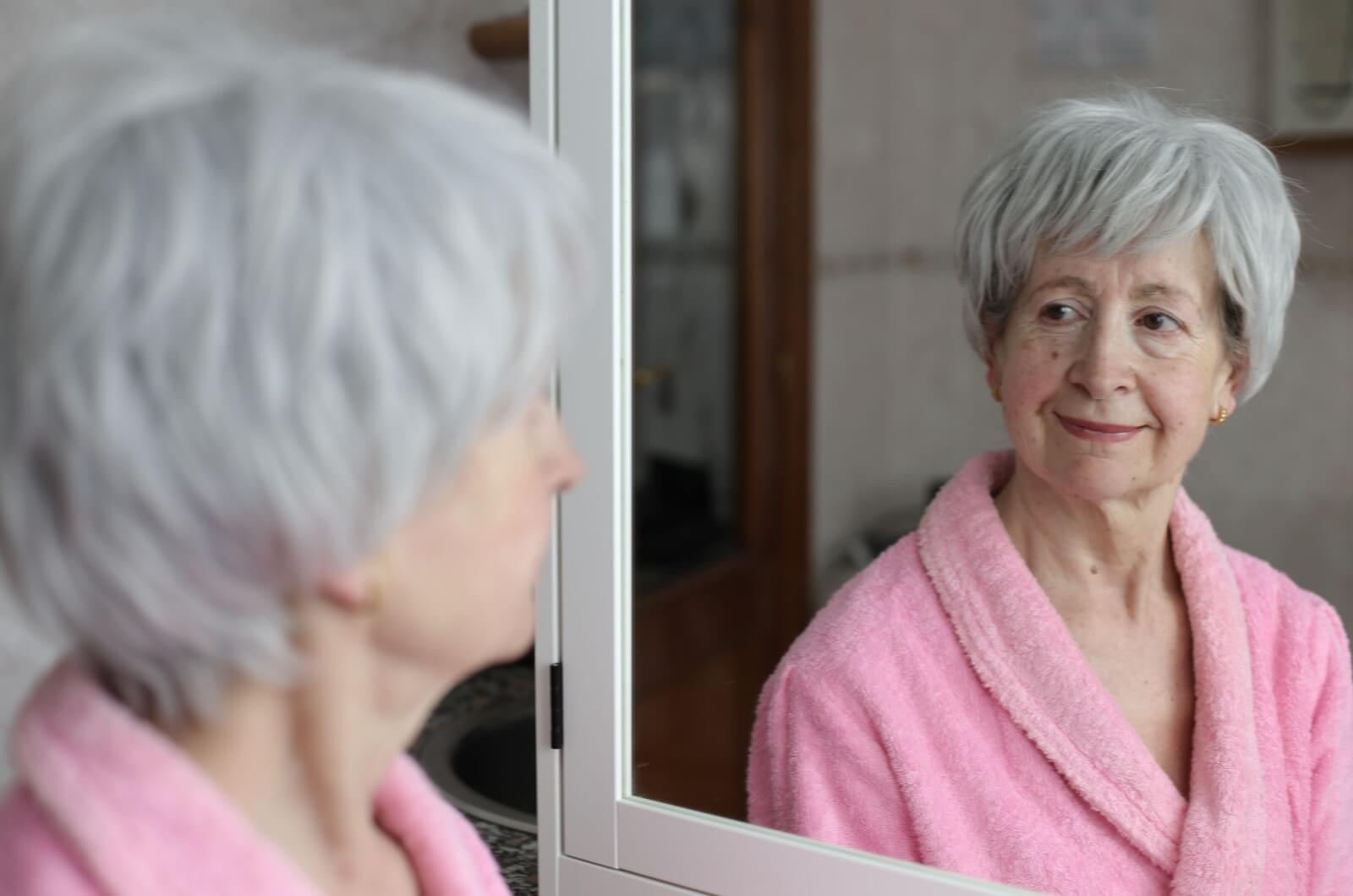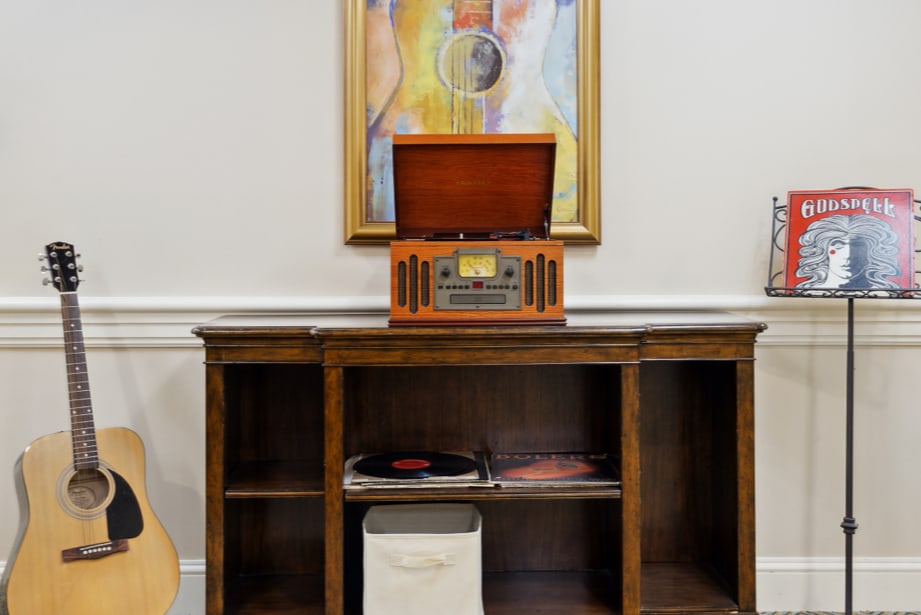Dementia can affect an older adult’s memory and cognitive abilities and later their ability to function independently and require assistance performing everyday tasks. Memory care can assist with activities of daily living, such as bathing, dressing, eating, and medication management.
Caregiving for someone with dementia can present unique challenges due to dementia progression and behavior changes, one of which is the common reluctance to shower. However, there are ways to help make showering easier and comfortable for loved ones with dementia.
What Is Dementia?
Dementia is a broad term describing a decline in cognitive function that affects memory, reasoning, and the ability to perform everyday activities. Dementia isn’t a specific disease but a collection of symptoms from various conditions. There are different types of dementia, with Alzheimer’s disease being the most common.
Why Do Dementia Patients Not Want to Shower
Older adults with dementia may experience changes in perception and reasoning that affect their ability to understand and undertake personal hygiene tasks such as showering. The altered perception in older adults with dementia can make them feel confused, scared, or overwhelmed by the showering process. Recognizing these symptoms is the first step in addressing the challenge.
Common Symptoms Impacting Hygiene
Several symptoms associated with dementia can significantly impact personal care routines. Memory loss, a lack of spatial awareness, and impaired judgment can lead to confusion about bathing or showering. Older adults with dementia might not remember why showering is essential, or they may forget the steps involved.
Additionally, sensory changes can play a role. The sensation of water hitting the skin might feel different or unpleasant to someone with dementia.
Fear & Anxiety
For many older adults with dementia, showering can be a source of fear and anxiety. The bathroom environment, including slippery surfaces and unfamiliar noises, may feel threatening. The fear of falling or feeling vulnerable when undressed can intensify these emotions.
Loss of Autonomy
Another significant reason for older adults with dementia not wanting to shower is the loss of autonomy. Many older adults with dementia are aware of their declining independence, which can lead to feelings of frustration and sadness. Showering is a private activity and can feel like an invasion of privacy when assistance is needed.
Caregivers should aim to respect the patient’s dignity by involving them in the decision-making process as much as possible. Offering choices, such as which shampoo to use or what time to shower, can help restore a sense of control.
Practical Tips for Overcoming the Reluctance to Shower
There are several tips to help make showering easier and more comfortable for an older adult with dementia.
Create a Comfortable Environment
To help an older adult with dementia feel more at ease, create a bathroom environment that is safe and soothing. Make sure the room is warm, well-lit, and equipped with non-slip mats and grab bars for safety.
Soft lighting and calming music can contribute to a more serene experience. Consider using a handheld showerhead, which provides more control over water flow and direction and can help minimize discomfort compared to a full shower.
Build a Routine
Establishing a routine can lessen anxiety for older adults with dementia. Consistency helps them know what to expect and reduces confusion. Try to schedule showers at the same time each day and follow a similar sequence of steps.
Involving the person in the process can also help. Encourage an older adult with dementia to participate in setting up the shower, selecting towels, or gathering shower supplies such as soap and shampoo. This involvement can boost their confidence and cooperation.
Engage the Senses Positively
Use sensory-friendly products to make the showering experience pleasant. Choose mild, familiar fragrances for soap and shampoo to evoke positive memories. Gentle water pressure and temperature can also make a significant difference. Use soft, large, cozy towels and robes immediately after showering to provide comfort, warmth, and privacy.
Resources & Support for Caregivers
Caring for a loved one with dementia can be challenging, but you’re not alone. Numerous community support groups and online forums can connect you with others facing similar challenges. Sharing experiences and advice can be invaluable.
Consulting with healthcare professionals, such as geriatricians or occupational therapists, can also offer insights into managing personal care challenges. Memory care communities and respite care services offer comprehensive care for loved ones with dementia. These communities provide comfort, stability, security, wellness programs, and emotional support to meet individual needs.
A Compassionate Approach to Dementia Care
Reluctance to shower is a common and often difficult challenge for dementia caregivers. Understanding the underlying psychological and emotional barriers is vital for effectively addressing this issue.
Tackling shower aversion in older adults with dementia involves recognizing their fears, respecting their dignity, and providing consistent care. By creating a supportive environment, building routines, and using available resources, caregivers can significantly enhance the well-being of their loved ones.
If you’re seeking additional support for a loved one with dementia, contact The Grande at Creve Coeur to learn more about our memory care program and how it can benefit their overall health and well-being.









